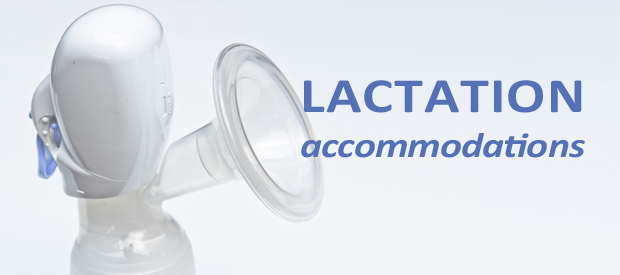2020 Legislative Update: Lactation Accommodation

California’s 2019 legislative session recently ended, leaving employers with a number of new laws requiring compliance starting January 1, 2020. To assist employers, we are publishing a series of blogs, each dedicated to a new bill impacting employment practices.
Senate Bill 142: Additional Requirements for Lactation Accommodation Requests
Existing law requires employers to provide employees lactation breaks. Last year, Governor Jerry Brown signed Assembly Bill 1976, which clarified that employers are required to make reasonable efforts to provide a lactation room that is not a bathroom.
Under SB 142, employers must now:
- Provide a lactation room or location (not a
bathroom), that is in close proximity to the employee’s work area (as before),
shielded from view, free from intrusion while the employee is expressing milk,
and:
- Is safe, clean, and free of hazardous materials;
- Contains a surface for a breast pump and personal items;
- Contains a place to sit; and
- Has access to electricity;
- Provide access to a sink with running water and refrigerator or other cooling device suitable to store milk.
- Develop and implement a written policy regarding lactation accommodations. The written policy must advise employees of: the right to request the accommodation; the process for making and responding to the request; and the right to file a claim with the Labor Commissioner.
- Provide the lactation accommodation policy to new hires or when an employee makes an inquiry or requests parental leave.
Next Steps
SB 142 does not require employers to create a “designated” lactation room (i.e., a room dedicated solely to lactation). However, when a multipurpose room is used for lactation, among other uses, the use for lactation will take precedence over other uses. If an employer has offices in a multitenant building or multiemployer worksite and cannot provide a lactation location within the employer’s own workspace, compliance can be achieved by providing a shared space within the building or shared workspace.
Employers should review and update their lactation accommodation policy to comply with SB 142, especially since the new law will allow employees to bring a claim with the Labor Commissioner for violations, sue under the Private Attorneys General Act (as before), or potentially bring a claim for premium pay.
Employers with fewer than 50 employees may be exempt from SB 142’s requirements upon showing of undue hardship.
Nicholas Kanter and Tal Burnovski Yeyni are attorneys in our Employment Practice Group.

